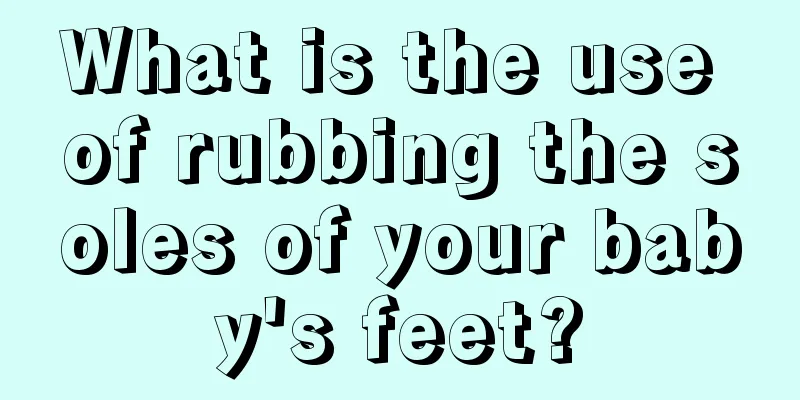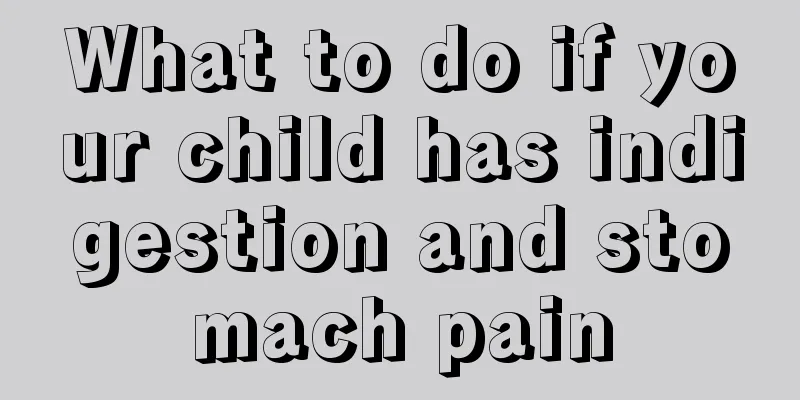What happened to the gas egg?

|
A common disease problem in boys is what we often call hernia. In daily life, there are some people who are called "gaspers". In fact, it is mainly because the children love to cry too much. Frequent crying can easily cause problems in the small intestine of boys. Afterwards, symptoms of reproductive organ disease will occur, and the child is very young, so once hernia occurs, it is not easy to treat. So we must control boys’ crying, so what’s the matter with the angry eggs? Hernia, medically known as hernia. It is when an organ or tissue in the human body leaves its normal anatomical position and enters another part through a congenital or acquired weakness, defect or gap. The formation of hernia has a lot to do with the patient's physique. Hernia can be caused by reasons such as coughing, sneezing, excessive force, abdominal obesity, excessive force during bowel movements, pregnancy, excessive crying in children, and degenerative changes in the strength of the abdominal wall in the elderly. Symptoms of hernia The most common clinical hernia is the inguinal hernia. A lump can be seen or felt in the groin area, which can be recovered by lying down. Infants are usually discovered by their mothers when they are changing their diapers, while older children are more often discovered when they are taking a bath. The cause of the lump is increased abdominal pressure, such as crying, coughing, defecation, urination, etc. Older children can be asked to stand up and apply force to the abdomen, which can also induce a lump to appear in the groin area, and some will reach the scrotum or labia. The lump is formed by the prolapse of organs in the abdominal cavity into the hernia bag. The prolapsed organs are mostly small intestines, so they feel soft to the touch. Other parts such as the large intestine, appendix, and omentum may also prolapse. In women, ovarian prolapse is more common, so a thumb-sized, hard, and often tender lump can often be felt. In addition to being able to see or touch the lump, some children may experience constipation, loss of appetite, spitting up, etc., while others may be prone to crying and become restless. Hernia Treatment 1. Non-surgical treatment Children under one year old do not need surgery for the time being because the hernia may disappear on its own. A hernia belt can be used to compress the deep ring. 2. Surgery If hernia is not treated promptly, the hernia mass may gradually increase in size, the symptoms may worsen, and even incarceration or strangulation may occur, threatening the patient's life. Therefore, surgical treatment should be performed as soon as possible. |
<<: What are the symptoms of gastroenteritis in an 8-year-old?
>>: What to do if your child has melanin on his face
Recommend
How to improve anemia in infants
Recently, many children have suffered from anemia...
What are the signs that a baby likes his mother?
Traditionally speaking, mother and child are conn...
What to do if your baby is frightened
Families with babies tend to pay special attentio...
What should I do if my child has heat stroke?
In hot weather, it is still very easy to get heat...
Why does my baby have to strain to urinate?
Many mothers judge the baby's physical health...
What causes red bumps in babies?
A baby's skin is very tender and sensitive, s...
Is it a problem if my baby has a fever of 37 degrees?
Nowadays, every child is the apple of the eye of ...
Why does a 5-month-old baby shake his head?
A five-month-old baby still needs care from his p...
How to train children to speak
Many parents become anxious when they see other b...
Why do newborns have red bloodshot eyes?
As we all know, newborns have poor physical fitne...
Daily taboos for babies with allergic constitution
Many people should have something to say about al...
What happens if my baby vomits at night?
Today's food problem is not just a problem fo...
Why does my one-year-old baby have a bulging belly?
Some one-year-old babies have bulging stomachs, w...
What causes children's thick stools?
In daily life, many parents will find that their ...
Symptoms of allergic rhinitis in children
There are many factors that cause allergic rhinit...









